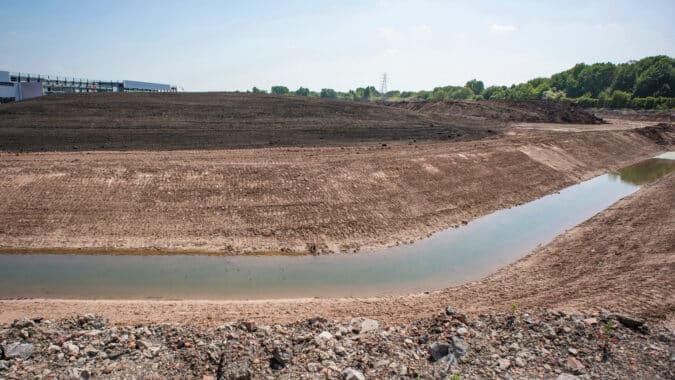The New Jersey Business & Industry Association today released the following statement from Vice President of Government Affairs Ray Cantor on the draft Energy Master Plan:
“As the State Board of Public Utilities begins to take comments on the draft 2019 Energy Master Plan, it is important to recognize the realities of New Jersey’s deep fiscal challenges and the already negative business climate. While the draft plan aims to have 100% of the state’s energy come from clean energy sources by 2050, to this point, there has been a lack of any comprehensive discussion on the costs and impacts on ratepayers and businesses.
“Natural gas is an energy source that currently heats more than 75% of New Jersey’s homes and businesses (another 10% comes from oil and propane) and generates over 50% of our electricity. While the plan calls for growth in a clean energy economy, it also calls for the elimination of natural gas as an energy source as well as the elimination of gasoline, oil, and all other carbon energy sources.
“While this aspirational goal may be laudable, there is virtually no analysis of how much it will cost each resident and business to replace and/or retrofit their homes or offices, to ban gasoline powered vehicles, or to totally repower our electrical generation and transmission systems. There is no serious thought given to the cumulative impact of all of the policy proposals let alone whether they are even feasible and reliable.
“New Jersey ratepayers are already on the hook for increases in energy costs in the forms of an annual $300 million in nuclear subsidies and the costly, yet ineffectual, return to the Regional Greenhouse Gas Initiative program. They already have to deal with some of the highest taxes and business costs in the nation. Additionally, New Jersey already has one of the nation’s cleanest electricity generation sectors with a diversified reliance on clean natural gas, nuclear power and renewables.
“While we can and must move toward a cleaner energy future, there needs to be recognition and a conversation about the costs and impacts to our state’s ratepayers. We can have a clean energy future that works for everyone if we move away from ideology and adopt practical, realistic, and affordable policies.”

